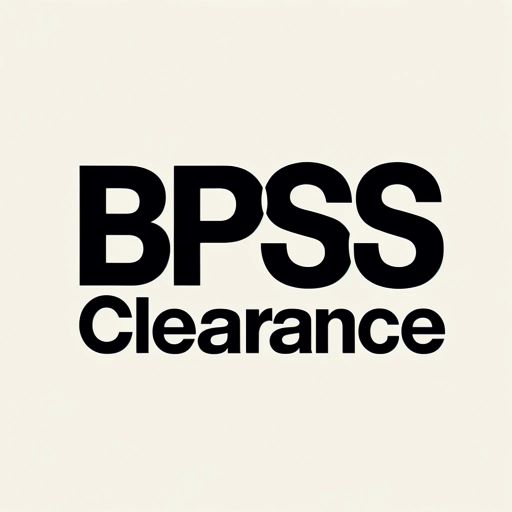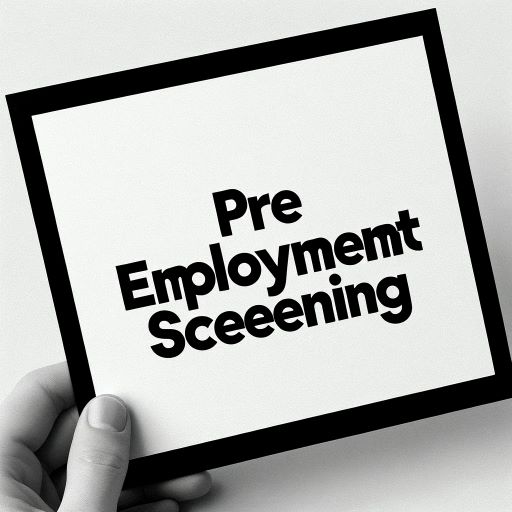
DBS checks, on the other hand, are regulated by the Home Office and are designed to prevent unsuitable people from working with vulnerable groups. The DBS also maintains barred lists which prevent individuals who pose a known risk from working with children or vulnerable adults, something not covered by BPSS checks.
Finally, while both BPSS and BS7858:2019 are crucial for their respective fields, the choice of which standard to apply depends on the specific needs of the organization and the nature of its work. BPSS is suitable for general employment in government-related roles requiring a basic level of security assurance. In contrast, BS7858:2019 is tailored for roles where employees handle sensitive information, work in secure environments, or where there is a high requirement for trust and security integrity. The detailed guidelines of BS7858:2019 make it indispensable for security-sensitive industries looking to uphold the highest standards of reliability and safety.
The BPSS clearance process also assesses the nationality and immigration status of the applicant, confirming their eligibility to work in the UK. This step is essential not only for legal compliance but also for ensuring the reliability of the workforce in sensitive or security-related roles. It helps prevent the employment of individuals who might have restrictions that could impact their suitability for specific duties.





